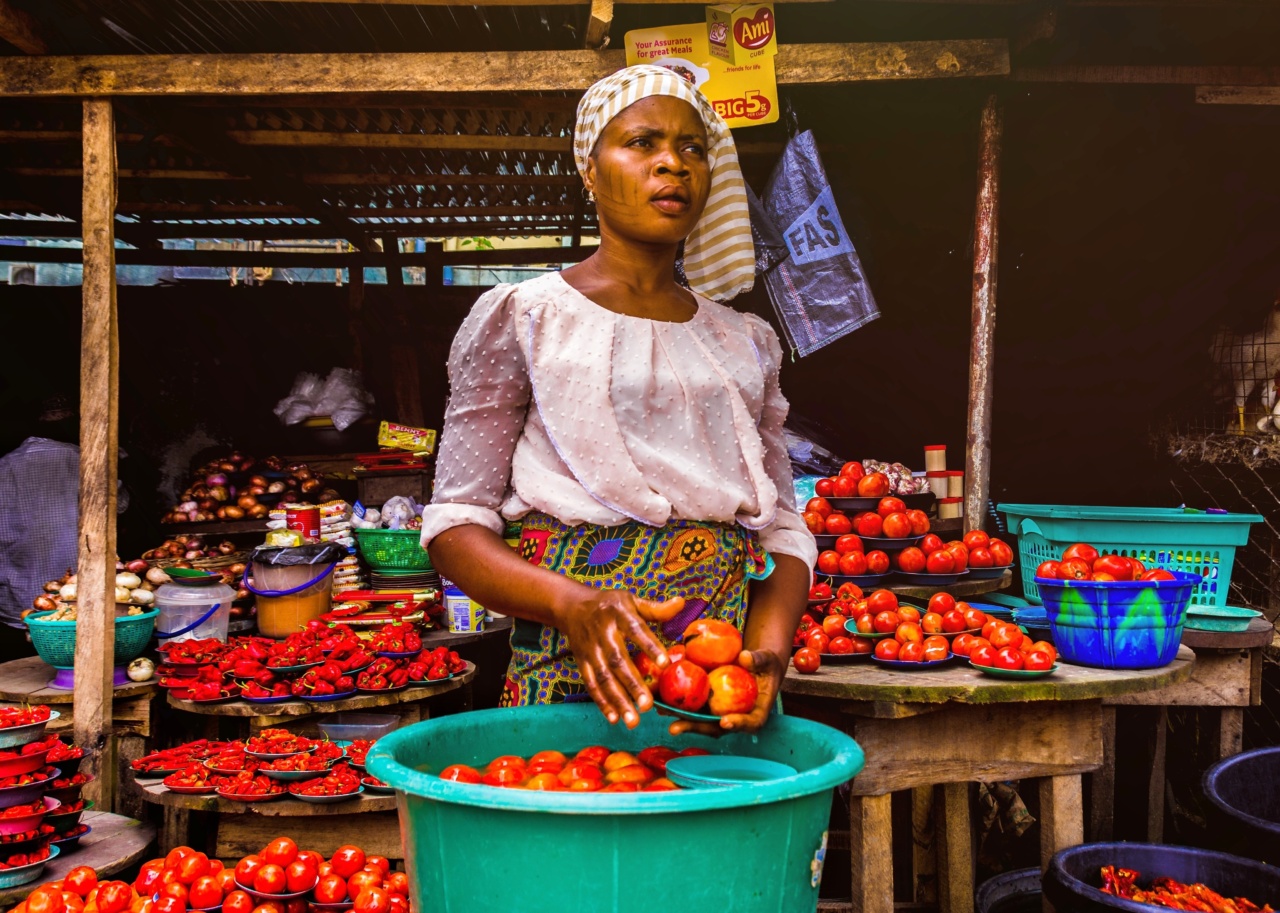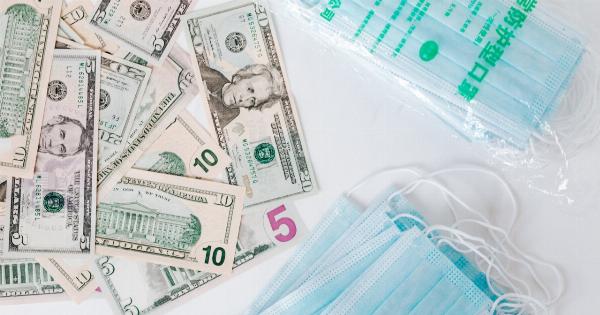Washing your fruits and vegetables before consumption is a crucial step in maintaining good health. With the amount of pesticides and bacteria found on modern-day produce, it’s vital to follow proper washing techniques.
Here are ten tips for washing your fruits and vegetables:.
1. Wash Your Hands Before Washing Produce
Before you touch any fruits or vegetables, you should wash your hands thoroughly with soap and water. This will ensure that any germs or bacteria on your hands won’t transfer to the produce.
2. Rinse Produce with Cold Water
The most basic way to clean produce is simply to rinse it with cold water. This will remove any dirt, debris, or pesticides on the surface. Always use cold water, as hot water can cause some fruits and vegetables (such as berries) to break down.
3. Use a Produce Brush for Thick-Skinned Produce
Fruits and vegetables with thick skin (like potatoes and carrots) can be scrubbed with a produce brush to remove any tough dirt or debris. Be sure to rinse thoroughly after scrubbing.
4. Soak Produce in Vinegar and Water
A mixture of vinegar and water can be used to remove bacteria and pesticides from your produce. Simply fill a bowl with cold water and ¼ cup of white vinegar, then let your produce soak for around 10 minutes. Rinse thoroughly afterwards.
5. Use a Commercial Produce Rinse
Commercial produce rinses (like Fit Organic, Veggie Wash, or Purely Essential Fruit and Veggie Wash) can be used to remove harmful chemicals and bacteria from your produce.
Be sure to follow the instructions closely, as different rinses may have different usage requirements.
6. Scrub Leafy Greens with Hands
Leafy greens like lettuce or spinach can be more challenging to clean than harder produce. Use your hands to gently rub each leaf while rinsing under cold water.
7. Cut Away Damaged Areas
If there are any visible areas of damage or decay on your produce, be sure to cut these away before washing. Removing damaged areas will help prevent bacteria from spreading.
8. Dry Produce Thoroughly
After washing your produce, be sure to dry it thoroughly with a clean towel or paper towel. This will help prevent any remaining bacteria from multiplying.
9. Consider Organic Produce
When shopping for produce, consider buying organic. Organic produce is grown without any synthetic pesticides, which means you won’t have to worry as much about washing away harmful chemicals.
10. Don’t Clean Produce Until You’re Ready to Eat It
Finally, it’s best not to wash your produce until you’re ready to eat it. Washing produce can make it more moist, which can lead to quicker spoilage.
Store your produce as normal, and only wash it when you’re ready to prepare or consume it.






























